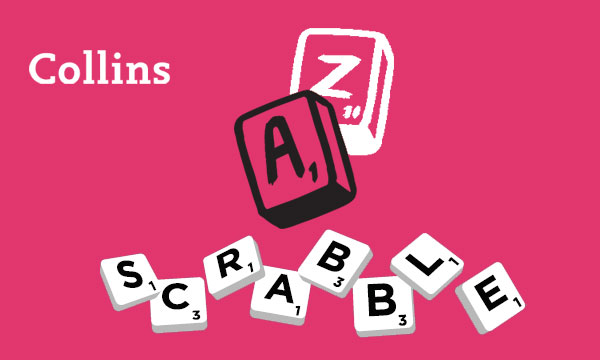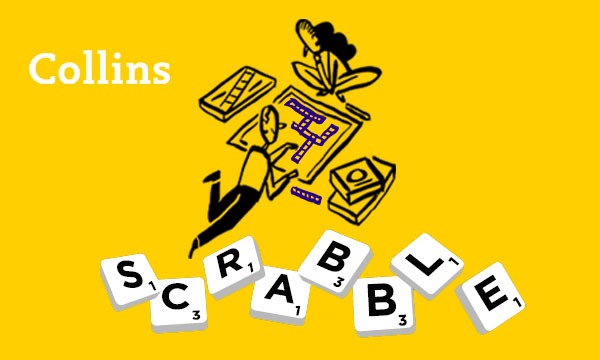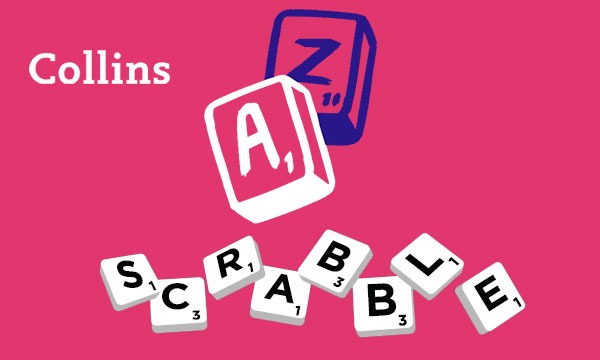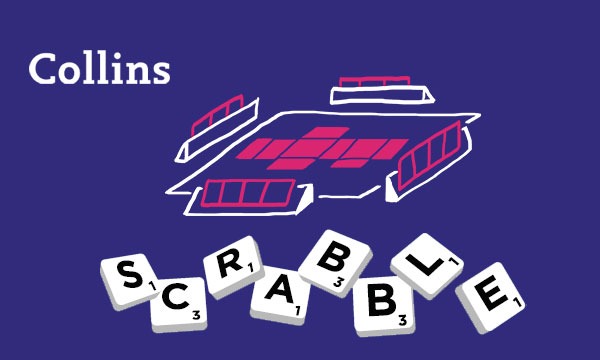In case it’s a while since you have been to school (or you just weren’t paying attention when you were there), an adjective is a word that describes a noun. A tall man, a clever woman, a tricky adjective.
You can generally add -ER and -EST to adjectives that are one syllable long: TALLER, SMARTEST. Exceptions are common words like GOOD (you can’t have GOODER) and a few odder ones like DOWF (dull, heavy).
You can’t generally add -ER and -EST to adjectives that have three syllables or more: comfortabler would clearly be wrong, for example.
The interesting group are the two-syllable adjectives where it is not so clear whether you can add -ER and -EST. Would you allow FAMOUSER and FAMOUSEST? HONESTER and HONESTEST? UNIQUER and UNIQUEST?
A standard dictionary will probably not help you here; you really need Collins Official Scrabble Words which shows all the allowable words. For the record, HONEST and UNIQUE do take the -ER and -EST endings, but FAMOUS doesn’t.
By Barry Grossman
Barry is a leading UK Scrabble player and winner of several tournaments. He is the author of Scrabble for Beginners (Chambers), Need to Know Scrabble, Scrabble – Play to Win and The Little Book of Scrabble Trickster. He has also contributed to numerous other books on the subject of words and word-games, has been a series champion of Channel 4’s Countdown, and has written four comedy series for BBC Radio 4. He lives in Hertford.
All opinions expressed on this blog are those of the individual writers, and do not necessarily reflect the opinions or policies of Collins, or its parent company, HarperCollins.



